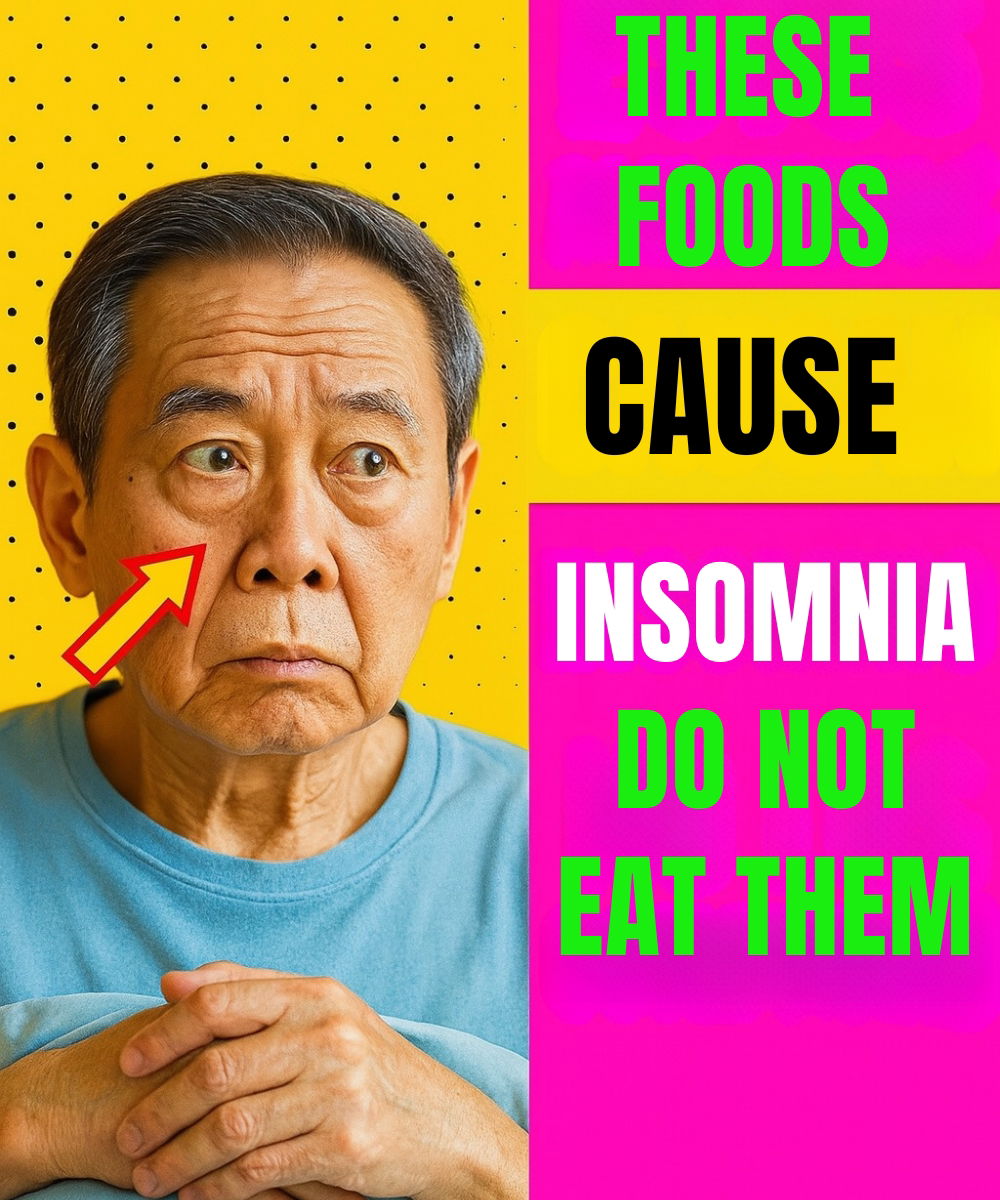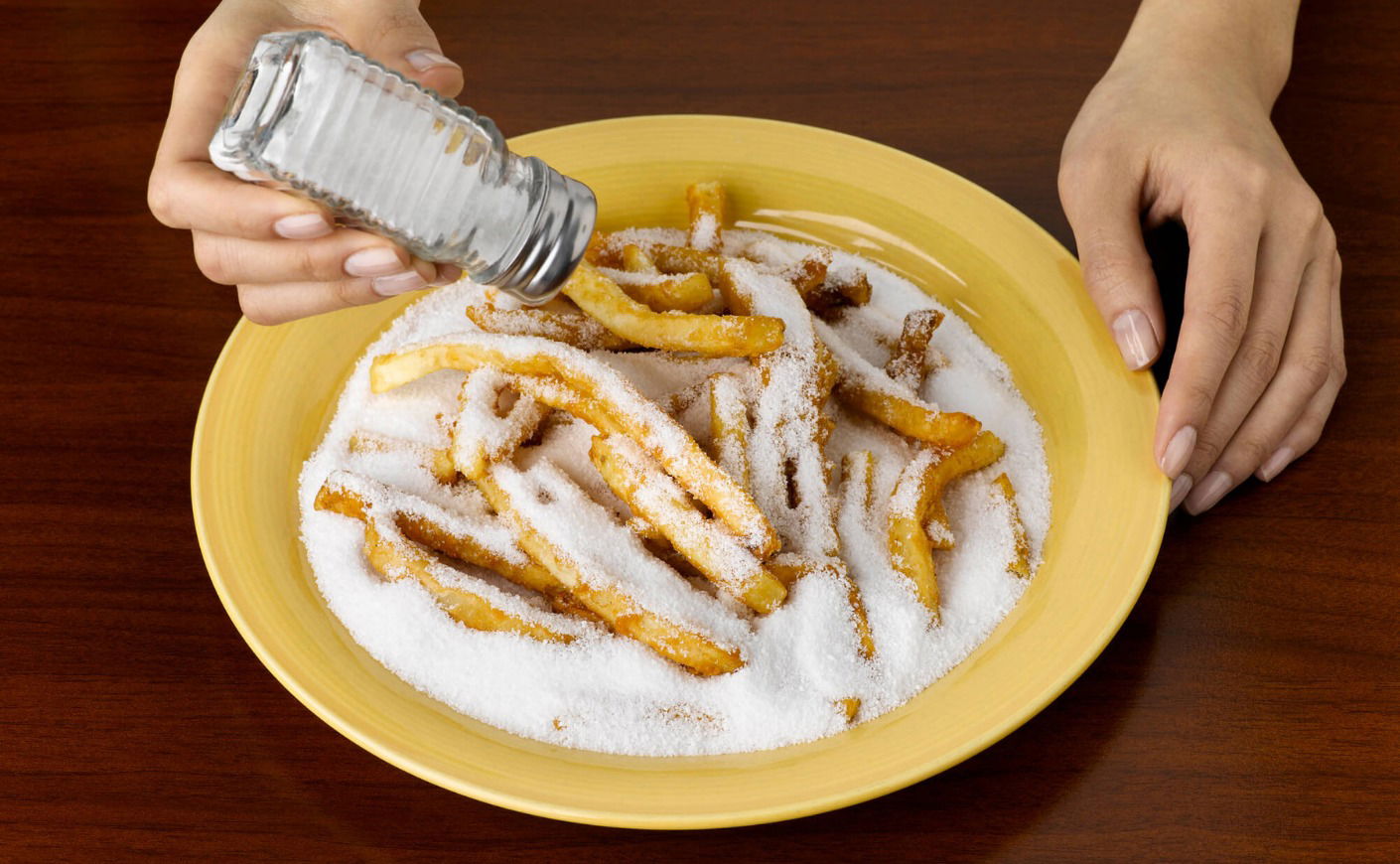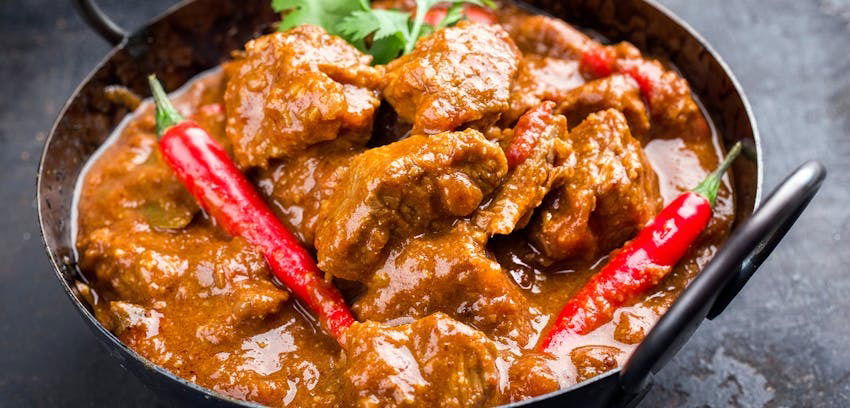
Getting quality sleep isn’t a luxury—it’s essential for your health. Just one night of poor sleep can leave you feeling irritable, drained, and more susceptible to illness.
What many people don’t realize is that their evening meal may be the hidden culprit behind restless nights.
Even with a comfortable bed and a well-established nighttime routine, choosing the wrong foods before bed can lead to tossing and turning.
This article explores which foods can trigger insomnia, how they affect your body, and what better alternatives you can choose to support restful sleep.
1. Very Salty Foods: The Silent Sleep Disruptor

Items like French fries, instant noodles, and processed meats are packed with sodium.
Too much salt can lead to fluid retention, raise blood pressure, and interfere with your body’s ability to relax and regulate sleep naturally.
Sodium keeps your body alert when it should be winding down, disrupting the relaxation necessary for quality sleep.
2. Dark Chocolate (Even the “Healthy” Kind)
Although dark chocolate is known for its antioxidants, it also contains caffeine and theobromine—stimulants that can increase heart rate and delay sleep.
Consuming it in the evening may leave you feeling alert when your body should be preparing for rest.
3. Coffee and Energy Drinks

This one may seem obvious, but it’s still important. Many assume that a small cup of coffee in the late afternoon won’t matter, but caffeine can remain active in your system for up to eight hours.
A 5 PM cup of coffee might still be affecting your body well past midnight, making it hard to fall or stay asleep.
4. Alcohol: The Misleading Relaxant
Though alcohol may initially help you doze off more quickly, it disrupts the natural sleep cycle.
It prevents the body from reaching deeper sleep stages, leading to fatigue upon waking. Alcohol also reduces melatonin production, which is crucial for regulating sleep.
5. Spicy Foods

Spicy dishes at dinner can lead to heartburn, acid reflux, and fluctuations in body temperature, all of which can interfere with sleep.
Digesting spicy food keeps your body working instead of winding down for rest.
6. Sugary Desserts Before Bed
Foods high in sugar can cause blood glucose spikes, leading to sudden awakenings, vivid dreams, or difficulty staying asleep through the night.
Excessive sugar intake also promotes inflammation and inhibits melatonin release.
7. Soft Drinks and Carbonated Beverages

These drinks are loaded with sugar, caffeine, and gas. They can cause bloating and discomfort, making it hard to fall asleep.
Additionally, they may increase the need to urinate during the night, interrupting your sleep cycle.
8. Red Meat or High-Fat Foods
Heavy meals, especially those high in fat like fried foods or red meat, take longer to digest.
Eating them close to bedtime can result in indigestion, disrupted metabolism, and sleep disturbances such as insomnia or light, broken sleep.
Healthier Food Choices for Better Sleep

If you’re aiming for a restful night, consider including the following in your evening meals:
- Plantains or bananas: Rich in magnesium and potassium, they help relax your muscles.
- Tart cherries: Naturally high in melatonin, which supports the body’s sleep cycle.
- Warm milk: Contains tryptophan, an amino acid that promotes relaxation and sleep.
- Nuts like walnuts and almonds: Provide magnesium and healthy fats that support sleep quality.
Sleep Starts With Your Diet
If you’re struggling with insomnia or poor sleep quality, don’t only evaluate your mattress or bedtime routine—take a close look at your evening diet.
The foods you eat at night can either support a restful, restorative sleep or work against it, leaving you tired and groggy the next day. Make smart food choices, and your body will thank you with a better night’s rest.




















